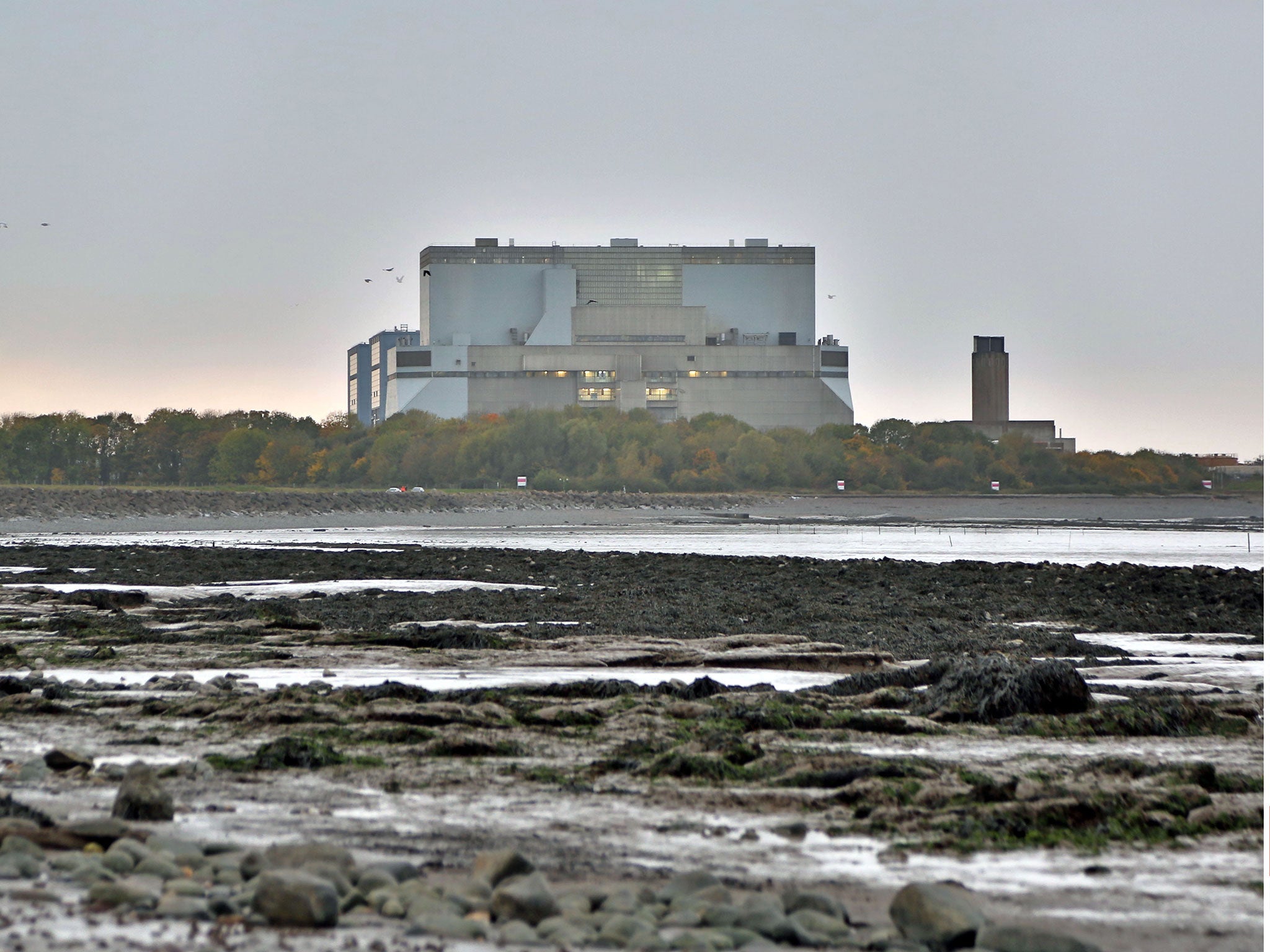Your support helps us to tell the story
From reproductive rights to climate change to Big Tech, The Independent is on the ground when the story is developing. Whether it's investigating the financials of Elon Musk's pro-Trump PAC or producing our latest documentary, 'The A Word', which shines a light on the American women fighting for reproductive rights, we know how important it is to parse out the facts from the messaging.
At such a critical moment in US history, we need reporters on the ground. Your donation allows us to keep sending journalists to speak to both sides of the story.
The Independent is trusted by Americans across the entire political spectrum. And unlike many other quality news outlets, we choose not to lock Americans out of our reporting and analysis with paywalls. We believe quality journalism should be available to everyone, paid for by those who can afford it.
Your support makes all the difference.What’s the problem?
There is a formidable array of significant problems and fears related to the £18bn project which is projected to one day supply 7 per cent of the UK’s electricity. One is the technology itself.
The planned European Pressurised Reactor (EPR) for Hinkley is a relatively new and still unproven design. There have been serious technical problems at other EPR construction sites in Olkiluoto in Finland and Flamanville in northern France. Olkiluoto was due to come on stream in 2009 and is €2.6bn over budget. Flamanville is six years late and also massively over budget. The UK government wants Hinkley up and running by 2025, the same year it wants to phase out "unabated coal" power.
Who will bear the financial risk of construction?
Upfront the answer is EDF, which is 80 per cent owned by the French state, and also the Chinese state-backed CGN group. The Chinese are set to fund a third of the £18bn investment and the French the remaining two thirds. Yet there are growing concerns about EDF’s financial capacity to deliver. The company’s market value has halved in the past two years and is now valued at only €22bn.
Translated into sterling, that’s scarcely more than the value of the entire Hinkley investment. EDF also needs to find €50bn over the next decade to upgrade other existing reactors in France. On top of this EDF’s future profits are now in question as the French government is looking to end some state guarantees for its revenues. EDF’s finance director, Thomas Piquemal, recently resigned, reportedly over the financial risks posed by proceeding with Hinkley.
Anything else?
From the British perspective another issue is the indirect involvement of the Chinese state. Some argue it’s unwise to give Beijing control over such an important part of our energy infrastructure.
“Add in the military and security issues of letting Chinese state-owned companies into the heart of the British nuclear industry, and it seems positively perverse to prefer Chinese government money to British government money in so sensitive a national project” says Dieter Helm, professor of energy policy at Oxford University. The UK unions share that concern.
What about the cost to us?
Another major problem. In 2013 the Coalition government agreed a price of £92.5 per megawatt hour of electricity (rising in line with inflation) at which it would purchase power from the new plant for 35 years once it is operational. Without such guarantees EDF and the Chinese would not have agreed to invest.
But critics say that this deal looks bad value now because the wholesale price of energy has collapsed in the past three years to around £45 per megawatt hour. The National Audit Office has estimated that these guarantees could end up imposing an effective cost of up to £30bn on UK consumers – five times the original 2013 estimate.
What’s the alternative?
Critics say the government should be using its resources to incentivise wind, wave and other renewable power sources, rather than subsidising this hugely expensive nuclear project.
Others say that the Government should be building new nuclear power stations itself, rather than relying on the French and Chinese companies to do it, especially while the UK’s long-term state cost of borrowing is at a record low in the wake of Brexit.
Subscribe to Independent Premium to bookmark this article
Want to bookmark your favourite articles and stories to read or reference later? Start your Independent Premium subscription today.

Join our commenting forum
Join thought-provoking conversations, follow other Independent readers and see their replies
Comments